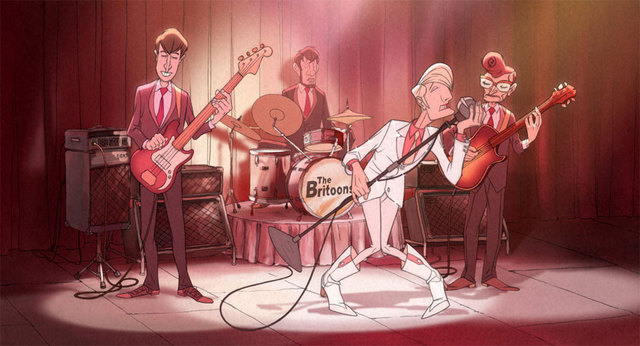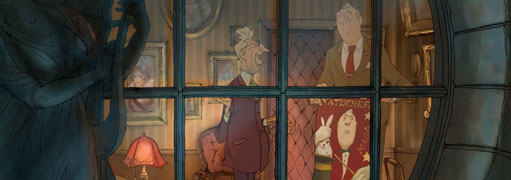Film Review: Oscar-Nominated French Cartoon, The Illusionist, Weaves Melancholy Magic
Magician Does A Long, Slow Disappearing Act In Melancholy Animated Fable


No room for rabbits



